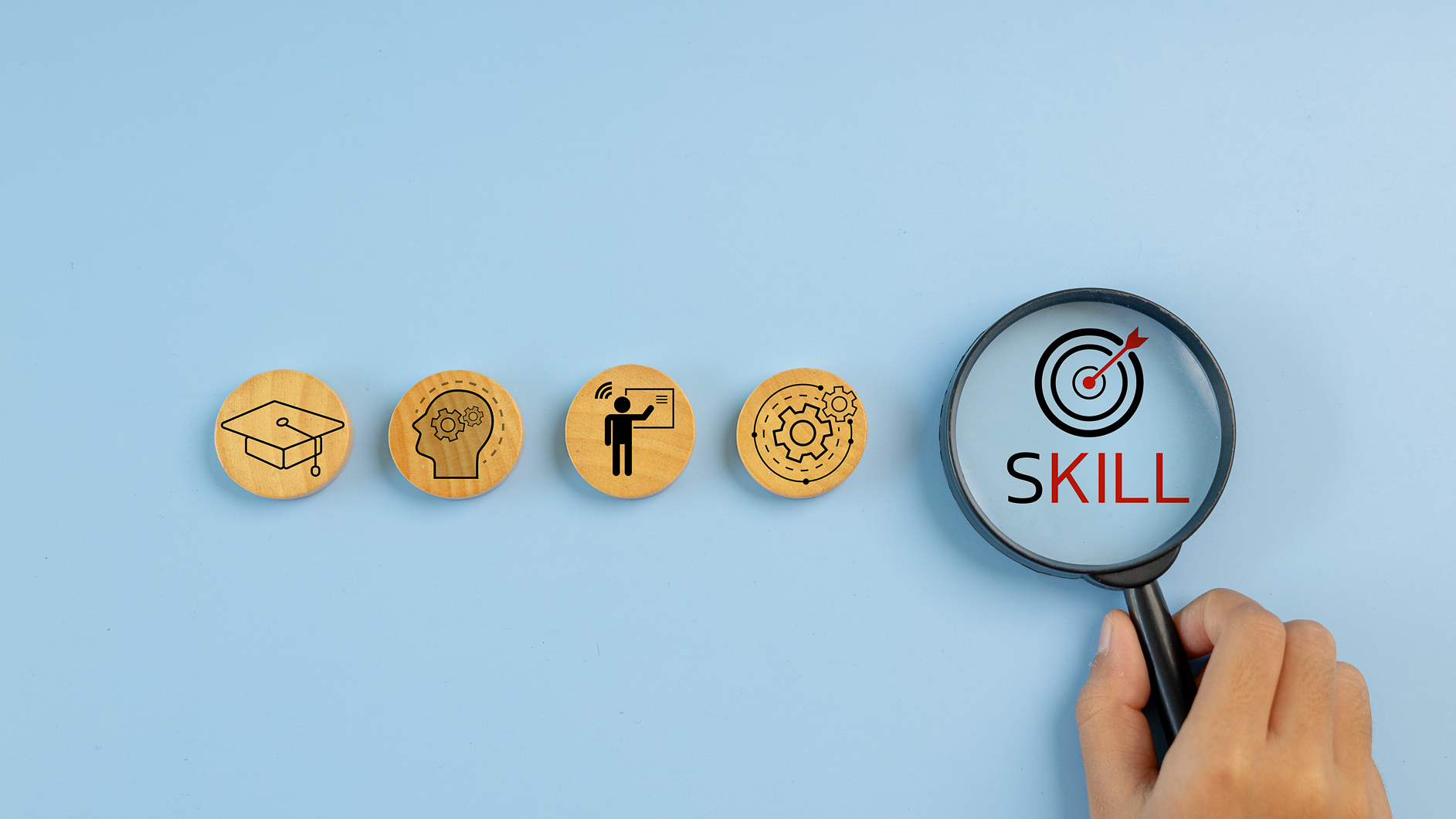
With COVID-19 creating an incredibly stressful environment this year, it’s no wonder that Australia’s leading crisis support hotline, Lifeline, has experienced a 30 percent increase in calls since the start of the pandemic. In this episode of the Work Conversations podcast, Gavin Becker chats with Manager of Lifeline Melbourne, Meredith Dalton, who, with a background in neuropsychology and over a decade working at Lifeline, has an incredible breadth of knowledge when it comes to mental health.
Meredith describes her years working as a neuropsychologist, treating people with the likes of acquired brain injuries, MS and motor-neuron diseases, as some of the most formative of her career. These experiences and the clinical assessment skills she developed during this time translated well in her work volunteering at Lifeline, which she began in 2009. Here, her roles have included everything from supervising the Phone Room through to working as a trainer, training the volunteers who work on the phones (Crisis Support Workplace Training) and providing corporate and community training programs including ASIST (suicide intervention), Mental Health First Aid and DV-alert.
When asked about the increased number of calls Lifeline has experienced during the pandemic, Meredith says she considers Lifeline somewhat of a barometer of the emotional state of the community. She cites a weekend during the pandemic where in Melbourne two commission towers were locked down due to outbreaks of the virus. This saw a huge jump in calls for the helpline, with 30 percent coming from Victoria. In this way, Lifeline has direct insights into the general feeling of the population and its mental wellbeing. Unfortunately, Meredith doesn’t believe the pandemic’s impact on mental health have yet been fully felt, explaining that it often isn’t until months after a crisis that the full emotional impact is truly realised.
So, just what can people do when finding themselves struggling with their mental health and wellbeing during this time? Meredith says it starts with acknowledging this fact and gaining self-awareness around your own mental health, and then implementing a routine of self-care that helps to lift your mood. This will look like different things for different people, she explains, but whether it’s going for a walk, listening to music or practicing mindfulness, it’s all about reconnecting and being gentle with yourself.
The high levels of uncertainty for many around job security, financial loss and working from home also means managers and employers need to be more aware of supporting their workforce during this time. Meredith suggests focusing on what she calls “corridor conversations” with employees, that is, less formal discussion and more frequent casual check-ins with your team to make sure they’re coping with the situation. These may be less formal, but the key is to let people know you’re available and then be completely present with them in that moment: put down your phone, stop multi-tasking and really listen to their experiences, making them feel safe to share in a non-judgmental environment.
Conversations about mental health can be uncomfortable at the best of times, let alone in a work environment with colleagues or a manager. Meredith says that if you’re concerned about someone and you feel comfortable to address this with them, then that’s something you should do. Be warm and genuine, express your concern and let them know why it is you’re checking in with them – perhaps you’ve noticed they haven’t been their usual upbeat self, or have been very quiet in meetings. Once they’ve opened up a bit, this is your chance to really listen, Meredith says. But, she emphasises, don’t feel as though it’s your responsibility to fix their mental health issues. Instead, discuss their options for support and link them back into the right service. This could be a service such as Lifeline, your workplace’s Employee Assistance Program, or a GP. She reiterates that there’s no “magical thing” one person can say to another, but listening is critical, and then doing your best to guide them to the resources they need is the best way to help.
To access Lifeline’s range of resources, visit the website https://www.lifeline.org.au/



